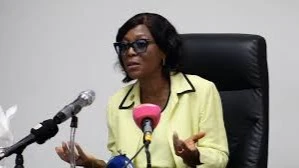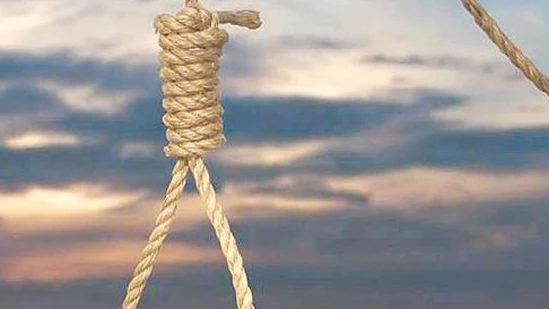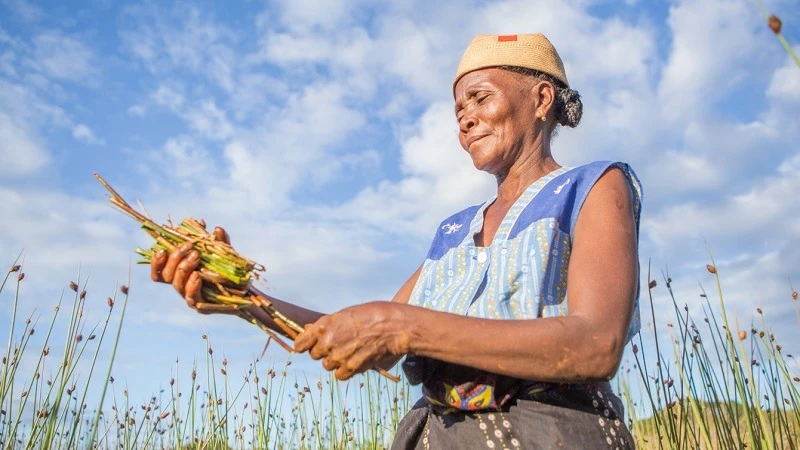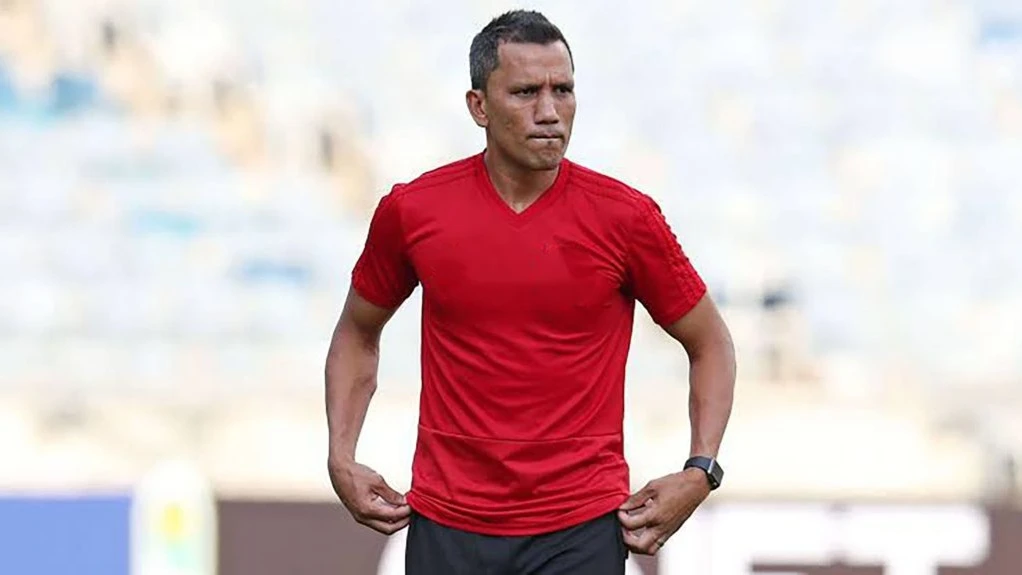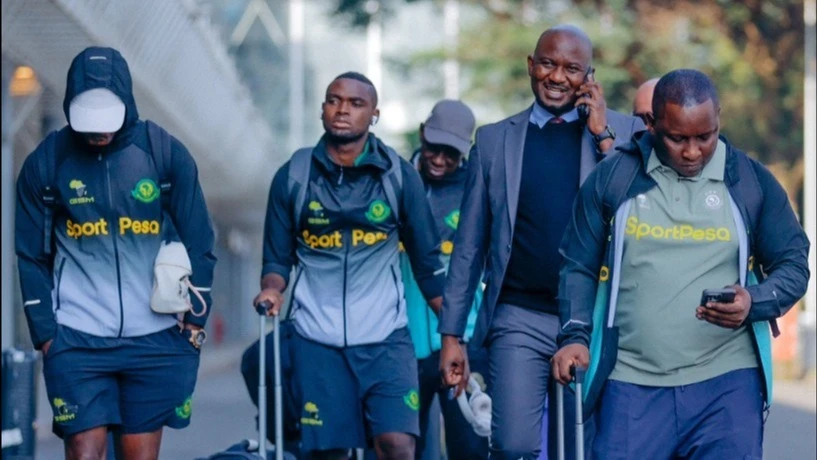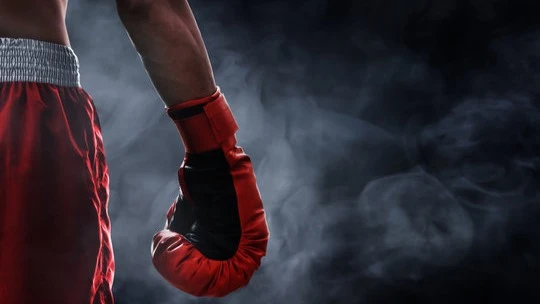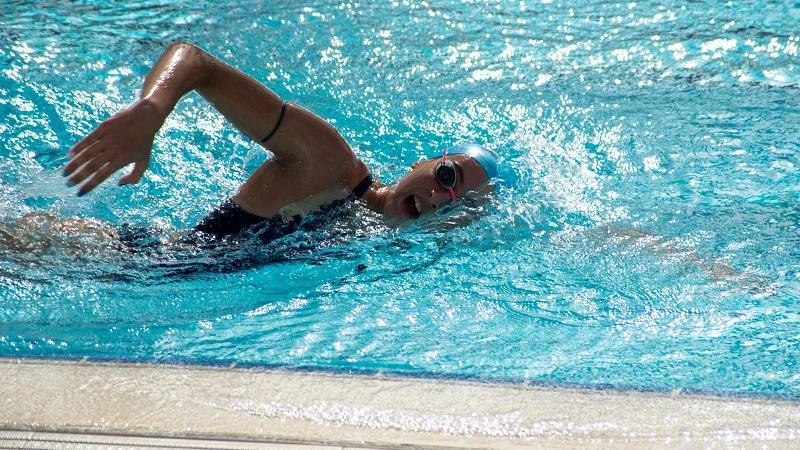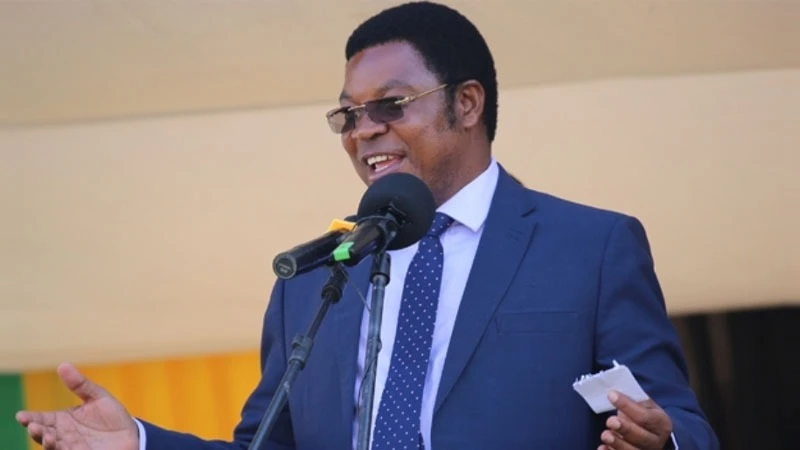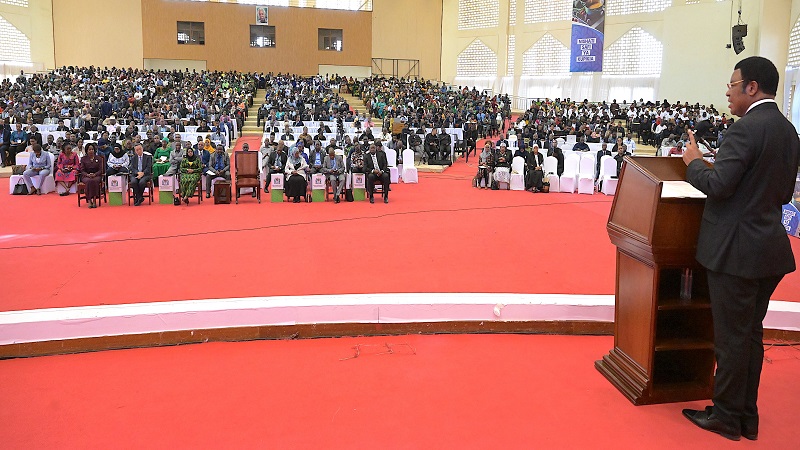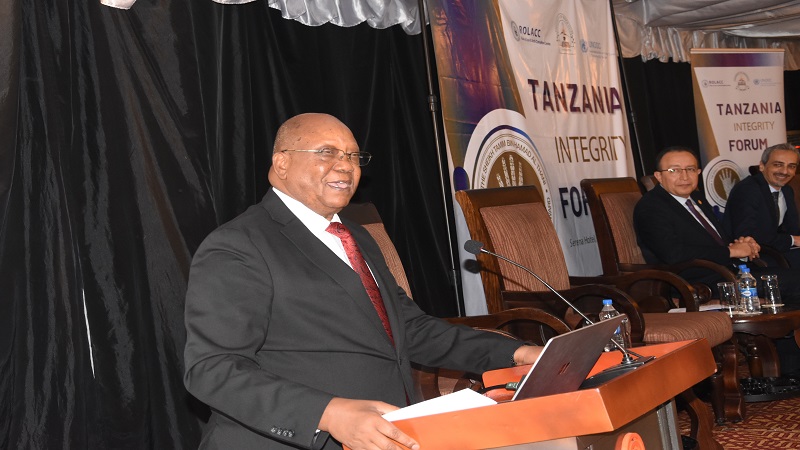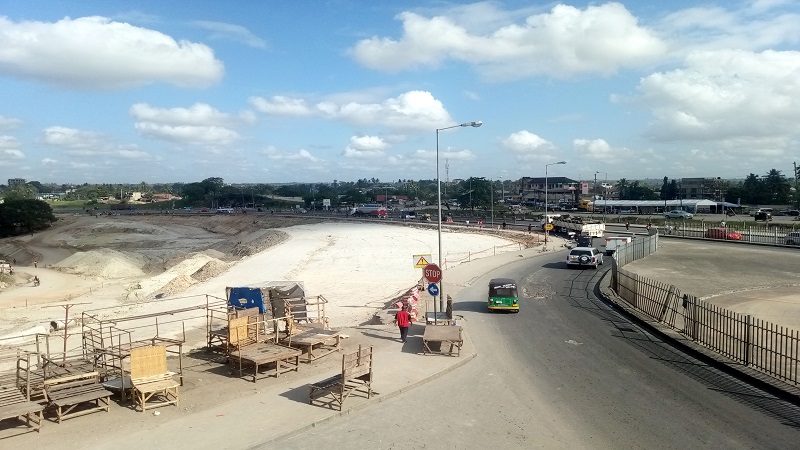‘Africa questioning ICC’s next move in silence’
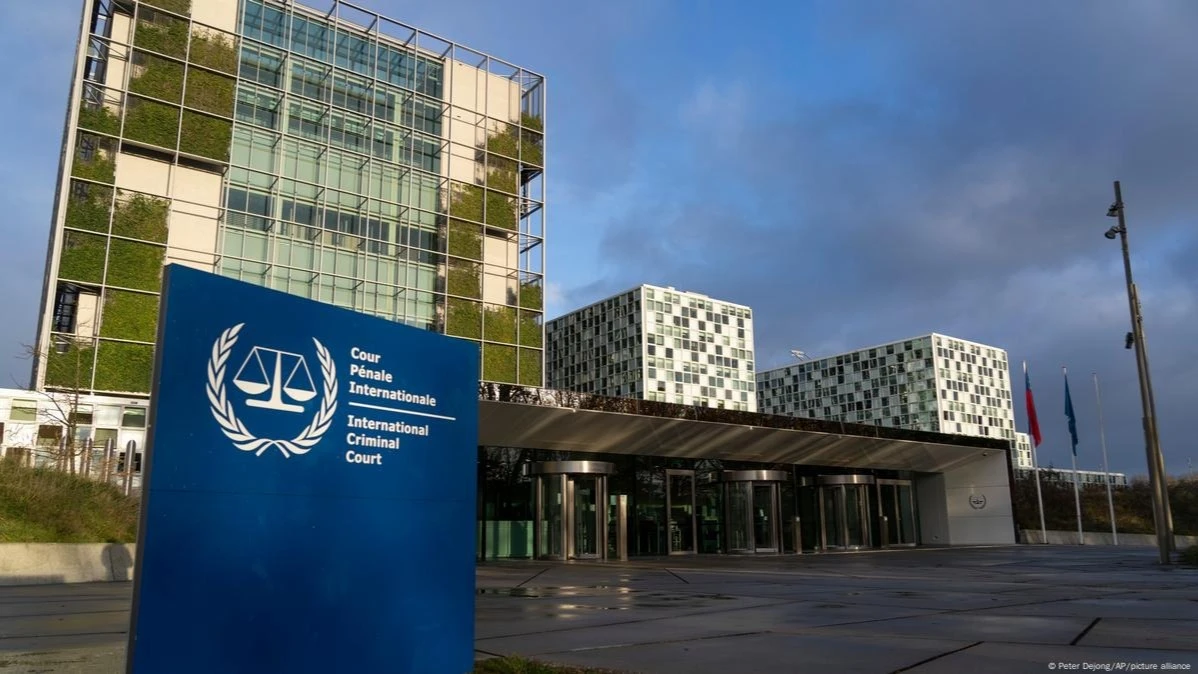
The International Criminal Court (ICC) marked its 22nd anniversary since its establishment in July 2002, amid ongoing questions regarding its perceived bias against Africa, its impact on national sovereignty, and allegations of political motivations.
With critics piling up, observers now doubt whether African countries and the Global South are really benefiting from the institution whose foundation appears to practice selective justice, focuses disproportionately on African countries, and lets powerful nations evade accountability.
Just over two decades ago when it was founded in Rome, the ICC had created hope for the future of international law as many thought it would champion war-crimes and create a form of global justice that wasn’t decided by powerful states.
Interestingly, all the countries of South America and large numbers of African states signed the Rome Statute establishing the ICC. They believed in the idealistic founding goal that ICC will try perpetrators of the world’s worst atrocities especially war crime, genocide and crimes against humanity.
Elise Keppler, Executive Director of the Global Justice Center (GJC), an organization that uses international law to fight for gender equality, says the big dream was that ICC will offer victims justice and act as a deterrent.
It is understood that the UN security council had established two courts to try atrocities committed in Rwanda and the former Yugoslavia. At least 120 leaders who had met in Rome, Italy ratified the creation of ICC to succeed the two temporary courts.
This month, marking the 17th July the ICC President, Judge Tomoko Akane told a panel at the UN Headquarters in New York that the foundation of the Court’s mandate is indeed, the rule of law that must prevail even in difficult circumstances. “Our only guidance is the applicable law, which is first and foremost the Rome Statute, made by the wisdom of humankind and for protecting humanity. Everyone is equal before the law and no person is above the law."
Even with the Rome Statute in place, crimes against humanity have not yet been codified in a dedicated treaty of international law. Melissa Hendrickse, a legal adviser on racial justice and international criminal law at Amnesty International say the draft articles on the prevention and punishment of crimes against humanity were drafted by the International Law Commission (ILC) between 2013 and 2019 and then transmitted to the UN General Assembly’s Sixth Committee, the UN’s principal forum for the consideration of legal questions.
After a period of political stalemate in the Sixth Committee, discussions on the draft articles were revived in late 2022 and state delegates met in New York in April last year to “exchange substantive views” on all aspects of the draft articles. The Sixth Committee gathered in New York once more this April to continue discussing the draft articles before proceeding to decide in October on whether to move discussions into formal treaty negotiations.
“The draft articles are significant in that they propose to close a gap in the architecture of international criminal law,” she says.
But Elise observes that the need for greater awareness on the Draft Articles is high, especially on the African continent.
She says Africa has the largest number of states that have yet to expressly weigh in on whether the Draft Articles should advance to negotiations.
Indeed, only Sierra Leone, South Africa, and Gambia have shown interest in the document. Countries like Ghana, Angola, Mozambique, Guinea-Bissau, São Tomé and Príncipe, Equatorial Guinea, Cabo Verde, Senegal, and Tunisia only voiced their support. This means they have not submitted their written opinion.
Further, countries including Zambia, Malawi, Lesotho, Namibia, Botswana, Benin, Liberia, Ivory Coast, and Uganda, have yet to take an official position on this matter.
The draft treaty aims to address crimes against humanity, which include acts like murder, torture, enslavement, persecution, rape, and other forms of sexual violence committed as part of widespread or systematic attacks on civilian populations.
Elise says “A crimes against humanity treaty would in fact be distinct from the ICC’s Rome Statute. It would deal with the responsibility of states to both prevent and punish the crimes unlike ICC that deals with individual criminal responsibility.”
The treaty is expected to open the door for states to hold other states accountable through the International Court of Justice if those obligations are not met.
African advocates, activists and experts suggest such clauses could be another trap for African countries to be used by powerful economies.
In 2013, when the then Kenyan President, Uhuru Kenyatta and his Deputy (now) President of Kenya Dr. William Ruto was indicted before the ICC for the alleged role in the post-election violence, Kenya pressured the African Union (AU) to attack the ICC and even incited the call by African states to withdraw from the ICC.
You may also recall that the AU had to issue a statement that it won’t cooperate with the ICC after the letter issued an arrest warrant against the President of Sudan, Omar al-Bashir on ground of what was called the Darfur peace process.
Also, Rwandan President Paul Kagame has been quoted repeatedly criticizing the ICC for what he calls open bias against Africa, saying it has failed to mete out justice in any other part of the world.
The Pan Africanist and Ugandan President Yoweri Museveni had described ICC as “a bunch of useless people” responsible for “blackmailing” African states. Notwithstanding, his statement contradicted his decision he made in early 2016 when his government supported the indictment of the senior commander of the notorious Lord’s Resistance Army (LRA) Dominic Ongwen.
As such criticism intensifies, the Court recently issued an arrest warrant for Israel Prime Minister Benjamin Netanyahu and Defense Minister Yoav Gallant for related war crimes in Gaza. The Global north countries which have been the leading donor of the court denounced the warrant.
Academician and Award-winning actor George Clooney voiced concerns to one of President Joe Biden’s top aides regarding the administration's discrediting ICC actions against Israel leaders.
Such a decision now pokes even serious holes into the court and international community after both the US and the UK strongly opposed the request for arrest warrants against Netanyahu and Gallant.
What they believe
Many African leaders argue that the ICC disproportionately targets African countries and leaders, reflecting a perceived bias or neo-colonial agenda. They argue that the ICC infringe national sovereignty by interfering in what should be a matter between domestic legal jurisdictions, hence taking away countries' autonomy. These criticisms have been further compounded by concerns relating to effectiveness and efficiency, with slow proceedings, high costs, and few convictions since its inception.
Additionally, some leaders argue that ICC interventions can hinder peace processes by discouraging warring parties from negotiating peace or stepping down from power. This non-cooperation significantly hinders the ICC's ability to fulfill its mandate, highlighting issues of accountability and double standards.
It remain unclear on how African countries will champion the International Court, even though, President Akane of the ICC maintains that the Court intends to work to bring justice to the victims of the atrocities, by carrying out fair and impartial criminal proceedings against individuals who are alleged to have committed crimes under the jurisdiction of the Rome Statute.
The write of this article is Thobani Louis, an independent Pan Africanist and Political Analyst based in Johannesburg South Africa.
Top Headlines
© 2024 IPPMEDIA.COM. ALL RIGHTS RESERVED











